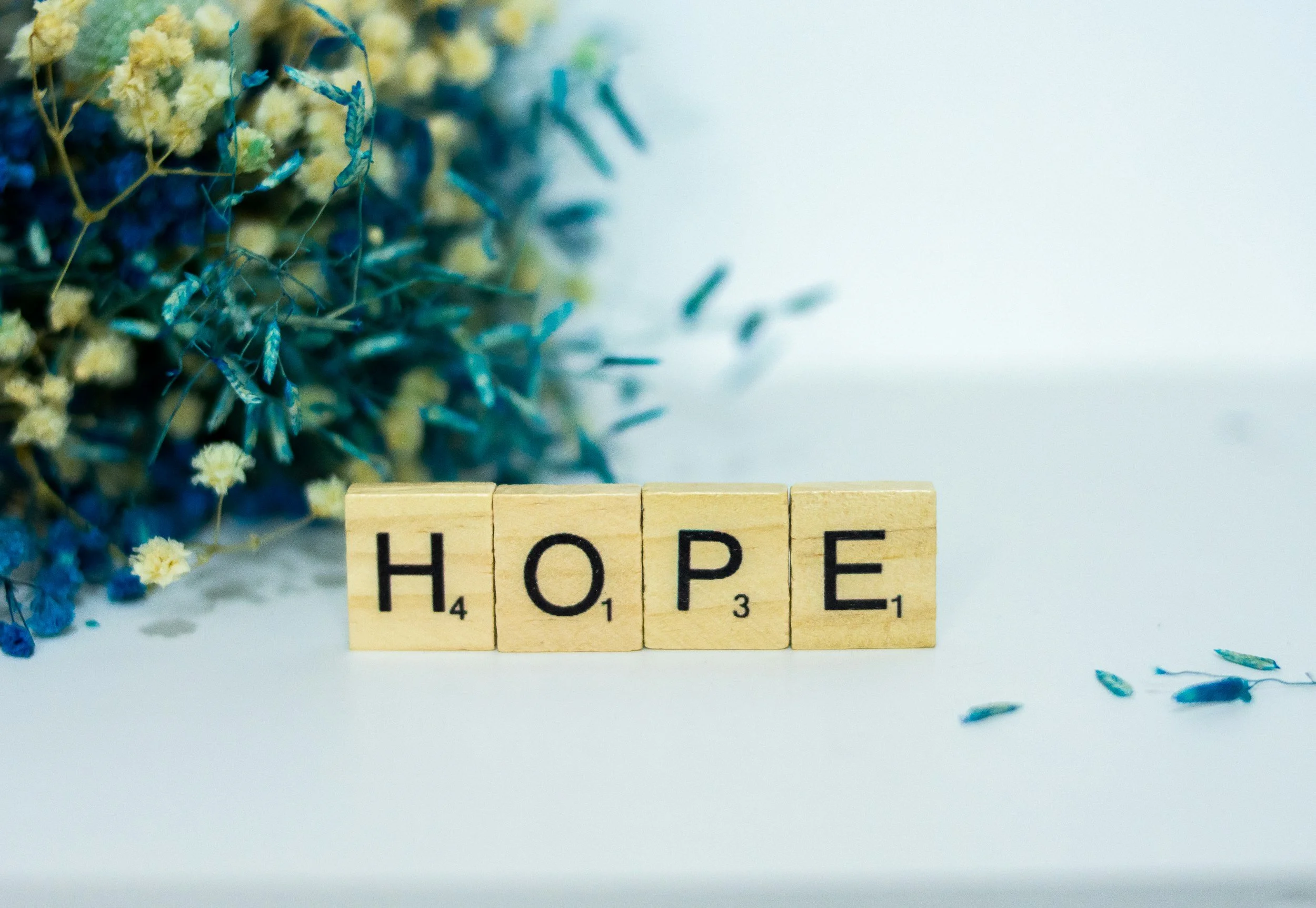Creating Hope Through Action 2025 | Suicide Prevention Month
September is Suicide Prevention Month, and September 10 marks World Suicide Prevention Day. The official global theme for 2025 is Changing the Narrative on Suicide, which focuses on shifting conversations from stigma to support, fostering openness, and promoting systemic and community-level interventions.
At The Anxious Owl, we are continuing our own 2025 campaign theme: Creating Hope Through Action. This theme emphasizes practical steps, tools, and connections that help individuals, families, and communities build hope and resilience. While it differs slightly from the global theme, it complements the same mission: promoting awareness, reducing isolation, and providing actionable support.
Hope in Action – What Does It Mean?
Hope is often seen as something we either have or do not. The truth is, hope is built through action. Sometimes we do not have the strength to believe in it ourselves, but we can borrow it from others or take one small step that helps us breathe again.
That’s why the Crisis Response Plan (CRP) is such a powerful tool. It doesn’t just talk about hope; it turns it into action by giving us a clear, five-step roadmap:
Identify warning signs
Use coping strategies
Remember reasons for living
Reach out to social supports
Connect with professional help
This year, I’ll be focusing on Step 1 (warning signs) and Step 2 (coping strategies). Why? Because these two steps work like an early warning system. When we notice our struggles sooner and already have healthy tools to reach for, we’re less likely to spiral and more likely to feel steady again.
Free Suicide Prevention Tools
To make these steps easier to put into practice, I’ve created free resources you can download and use right away:
Mindfulness Practices PDF
Guided exercises and psychoeducation on how to break free from rumination and reset your nervous system, and build everyday coping strategies.Crisis Response Plan Toolkit PDF
A step-by-step guide to map out your personal plan—covering warning signs, coping skills, reasons for living, social supports, and professional resources. (Adapted from the model created by Dr. Craig Bryan and Dr. M. David Rudd.)
Why These Tools Matter
Our bodies and minds are designed to keep us safe. In today’s world with constant stress, overstimulation, and uncertainty, our survival systems sometimes trap us in loops of fear, exhaustion, or hopelessness.
These tools are meant to break that cycle. They are not a replacement for therapy, but they can:
Help you understand your own patterns
Offer immediate, practical steps to feel better
Build a foundation of safety and support
You Are Not Alone
If you are reading this because life feels unbearable right now, I want you to know you do not have to do this alone. There are people ready to listen without judgment and help you take the next step.
In the U.S., dial 988 for the Suicide & Crisis Lifeline.
If you are outside the U.S., please call your local emergency number.
If you are looking for therapy, connection, or professional collaboration, I welcome you to reach out through The Anxious Owl.
When it feels impossible to see a reason to keep going, remember you do not have to do it alone. Together, we can find what matters to you and take action, one step at a time.



